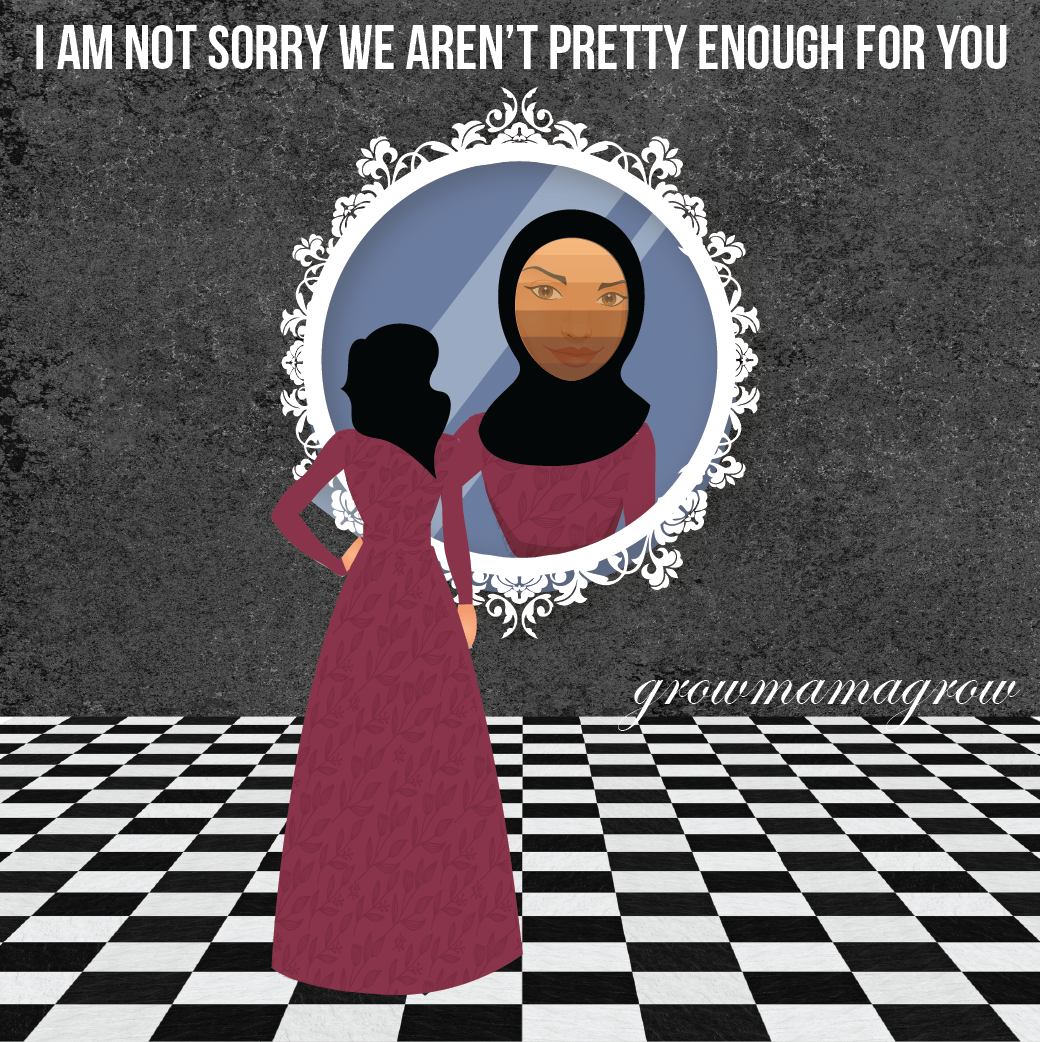Part II
Third, as wives of Islamic workers and students, women who understand the significance of Islamic knowledge and work, are able to make personal sacrifices on its path, and also be truly supportive to their husbands, and their children’s role in it. How many husbands who are students of knowledge or busy in dawa cannot communicate their struggles and discuss their experiences and learnings with their wives because their wives simply don’t have even the Islamic vocabulary to understand such discussions? Yet, I have seen the amazing example of some brothers who took the time to help get their wives ‘on board’ and make personal sacrifices to help their wives’ Islamic education and development. Such an investment has long-lasting effects in both worlds, and reveals deep sincerity for the cause of Islam. A woman who shares the path of knowledge and service with her husband is able to relate to him and provide support at a different level, because of her deep personal appreciation for such a path…because she shares that path. This doesn’t mean both men and women have to be doing the exact same things at the exact same level, but it means both should at least share the path at whatever capacity they each are able to in accordance with their life circumstances.
Fourth, we see in the Seerah of the Rasool (saw) and our Islamic history importance given to the education of our sisters. Just as the Prophet (saw) set aside a time to teach the women in his community each week, the women of our communities should also be encouraged in learning and given time for education and development. I have unfortunately witnessed wives prohibited from even online Islamic courses, and yet encouraged and allowed to spend hours window-shopping at the mall, by brothers who are themselves busy with Islamic work. What type of wife, mother, and more importantly, slave of Allah, does that produce? When this inherent contradiction is reversed in our communities, I have strong hope we will see great changes insha Allah, not only in the women themselves but on a large social scale. As the old saying goes “the hand that rocks the cradle, is the hand that rules the world.” The generation of the Tabi’een were developed by the mothers who were Sahabiat. Dr. Mohammad Ammara mentions in his book, “At-Tahreer Al-Islami lil Mar’a” (The Islamic Liberation of the Woman) that no less than 1000 Sahabiat were developed, educated and trained in the madrasa of the Prophet Muhammad (saw). Subhan Allah, how much he (saw) cared for our sisters to study and develop! Furthermore, Islamic History shows us that we never saw a rise in our global position as an ummah, that did not also reflect a rise in the great women that helped carry the amana (trust) of serving this deen. Today, we live at a time where the generation of the next Islamic awakening and revival is being developed, and our choices and attitudes will have an unmistakable impact on the generation produced.
When our sisters are encouraged and supported in learning the way that Mariam(as) was, at a community level, we will start to see the casual conversations of our women transition from personal hygiene tips, recipes, sales at the mall, back-biting, complaining, and story-telling of one’s’ family to conversations that reflect a mind and heart that is thoroughly concerned and busy with the priorities of the Muslim community, bettering the conditions of their societies and humanity at large, and other beneficial matters. This doesn’t mean one can’t joke and relax with their sisters. It simply means, beneficial speech would become the rule, not the exception just as the education and Islamic development of our sisters would become the rule, not the exception. While alhamdulilah, signs of progress in this area have appeared, we still have, as an ummah, much room for improvement. So when we remember the honored place of Mariam(as) in Paradise, and reflect on her example to all women, let us never forget, that she started as a student.
Muslema Purmul
Muslema Purmul is a student at the Women’s College of Islamic Law at Al-Azhar University in Cairo. She and her husband have been pursuing Islamic studies overseas for the last four years. Originally from San Diego, Calif., Muslema and her husband spend their summers teaching at the Islamic American University and visiting MAS chapters across the country, providing lectures and training.











